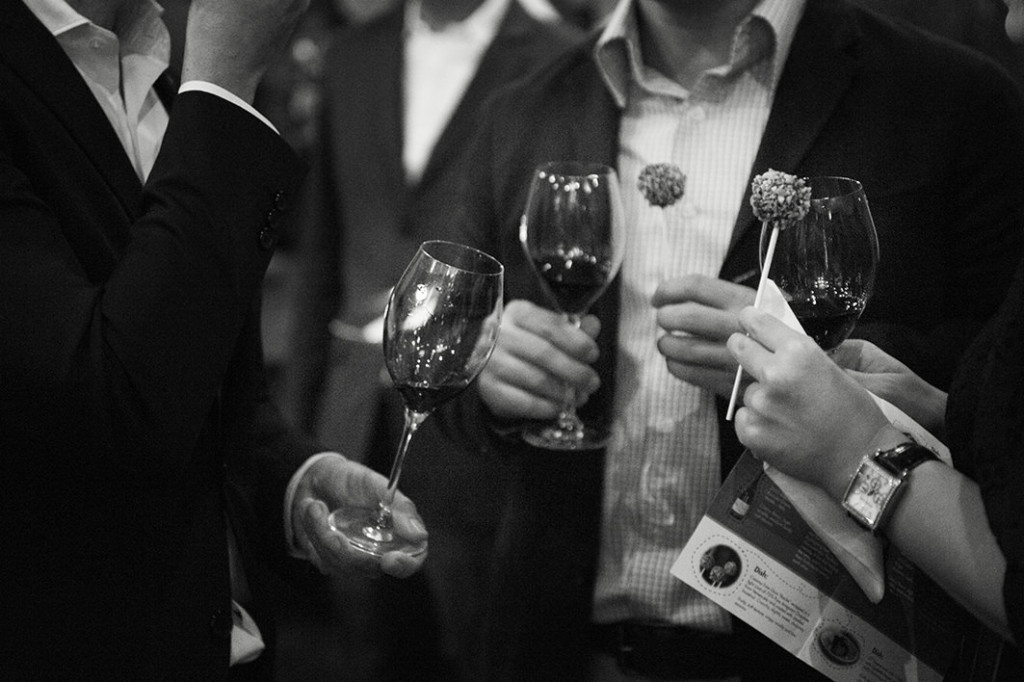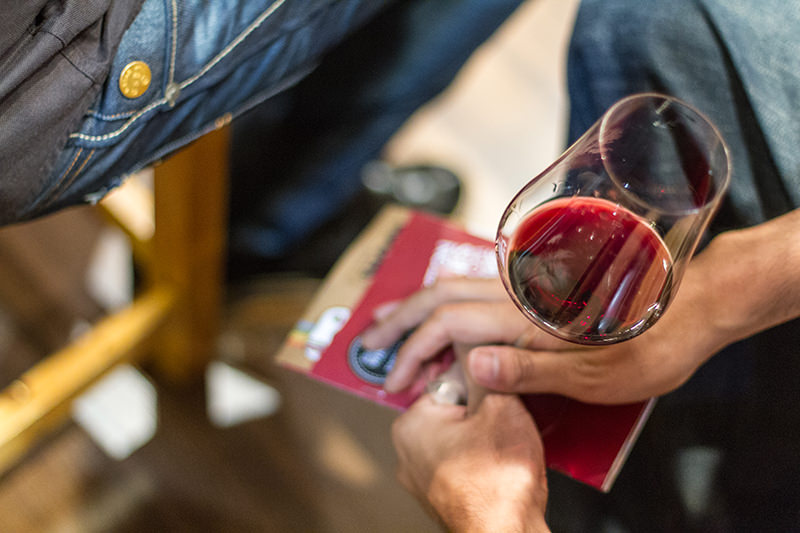A fantastic article by Ryan Opaz posted originally on Medium
I’m a wine insider. I’ve met, or known, most of the big names in wine today; and from time to time, have had the honor to collaborate with them. I run a large-ish conference about wine communications. I’ve judged in wine competitions, consulted wineries on marketing strategies, blogged about wine for 10+ years and drank many wines that I can’t afford. I offer this as context.
Wine is pretty cool. Not only does it taste nice and help to lubricate conversations, but there is also a mystique about it. People want to know wine so that they seem more cultured. Wines are given a status in restaurant often above the food and definitely the cocktails and beers. Wine is seen as something to figure out.
Here’s a secret: there is nothing to figure out. In the wine industry, one of the biggest goals of most new start-ups and innovative retailer campaigns is a misguided effort to help the un-educated consumer to find better wines for them, the right wine for them. In other words, we in the industry are worried that the consumer is stressing over finding the right wine.

I have a lot of friends who are not in the wine industry. They drink wine every day and they like it. They don’t always know what they are drinking necessarily. Usually they have no clue about any back story to the wine. Often they think the grape name is the region, or visa-versa, but they drink the wine, laugh with friends and have a good time. Shocking, I know.
When I show up for dinner they immediately ask me, “Ryan is this wine good?” Looking for validation for their random choice. To me this is where I have the most shame about the industry I work in. This person who, when I’m not in the room, opens a wine and enjoys it for what it is panics the minute an expert enters, hoping to not be admonished for their choice. They have been taught that there is a correct answer to the question: is this wine good. The wine industry has taught a generation of wine drinkers that there is a right answer. That there is a possibility to get wine wrong. Shame on us.
I like cars. I know almost nothing about cars. I can’t fix one thing wrong with my car other than maybe a stain on the seat or a flat tire if I was in an emergency. But I still love cars. I don’t really know any make or model numbers. I can’t tell you who owns which brands. I have no clue how the industry works internally. But I still love to rent a car and drive down a scenic road. Guess what, when I meet someone who knows a lot about cars, I never ask them if I liked the right one. I never ask if I was really enjoying that drive or if I was being misled. I don’t really care. I just enjoy it and that is it.
Here’s the truth about wine. You may be just like me and cars. Someone who wants to drink something fruity and fresh on a terrace in summer or rich and red with your steak at night. Who should care what you’re drinking? Only you should! Quaff away, slurp if you want. Hell use a straw and mix it with 7up for all I care. Are you smiling when you do it? Are your friends laughing with you? Great. You did it right.

And hey, if you are that intellectual type who loves stories, facts and figures. A person who is out to discover something new and exciting and try to understand different facets of the same wine, geek out to your hearts content. Argue volatile acidity levels and vintage ratings. Drink by dates may be gospel to you, so have fun with it. Want to take a class, sure why not. Go deep. Immerse yourself. I just ask one thing of you…
Please do not assume that your new found knowledge is somehow absolute. Don’t assume that your finely honed palate is better than anothers. Definitely do not assume that your ideal wine is everyone’s ideal wine. It isn’t. We all have very different palates, cultural histories, childhood memories and favorite meals. We are not the same. There is no perfect wine. There is no right wine.
The more we make consumers afraid that they picked the wrong wine, the more we are doing a shitty job of selling wine overall. Consumers need confidence that their preferences are normal, not that they have yet to learn, that they could somehow make a mistake.
Today wine consumers do not need help finding new wines. Wineries need help finding new consumers.
Instead of admitting their failure as sales people, the wineries have succeeded in convincing the consumers that they are doing something wrong.
This is the greatest tragedy in the wine industry today.



 0
0